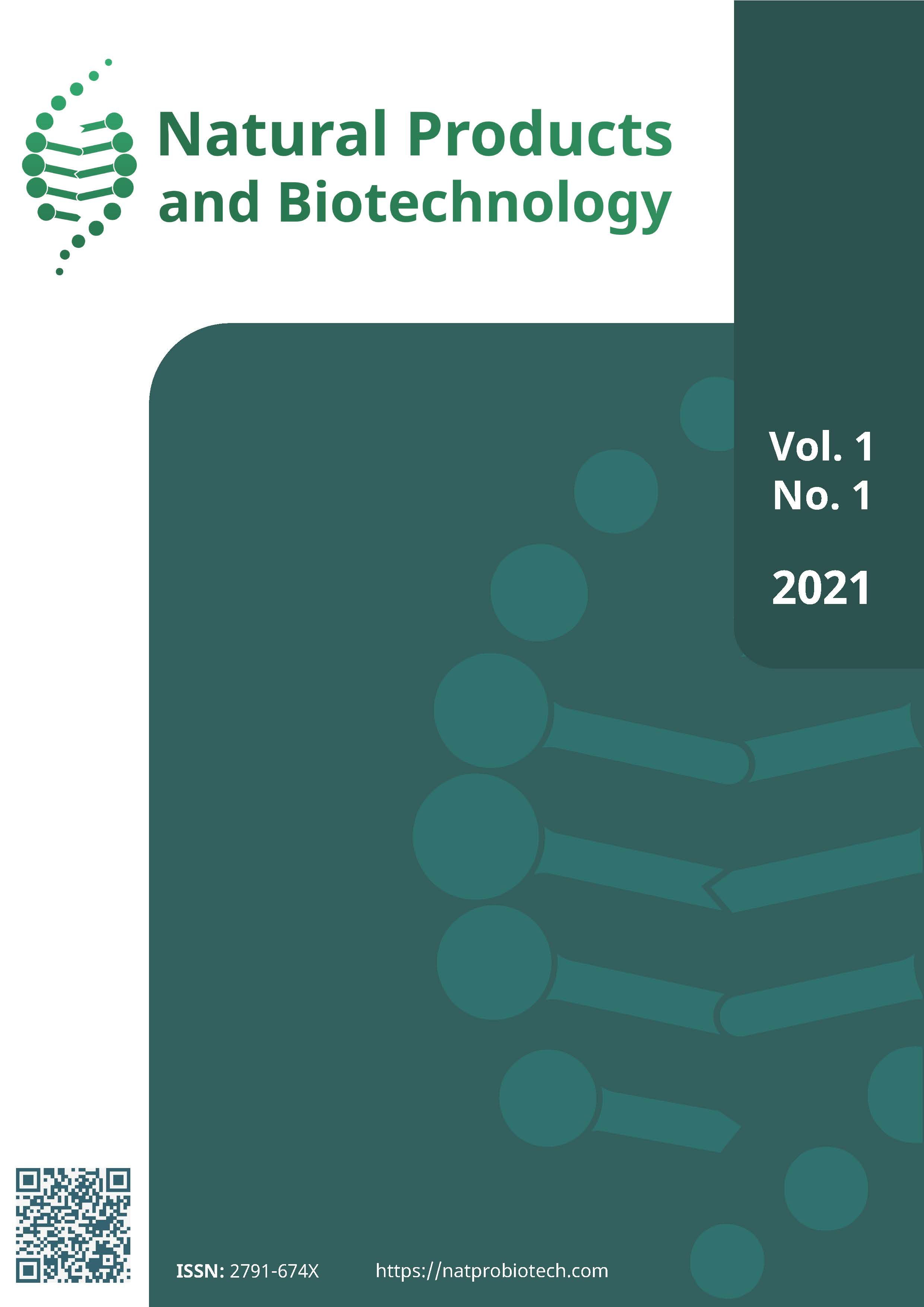
Natural Products and Biotechnology
Yazarlar: Fatma Betül Özgeriş, Mevlüt Sait Keleş, Eda Balkan, Adem Kara, Nezahat Kurt
Konular:-
DOI:
Anahtar Kelimeler:Apoptosis,Autophagy,Cetuximab,Colorectal cancer,Cytotoxicity
Özet: Colorectal cancer (CRC) is one of the most frequent cancers, and chemotherapy plays an important role in its treatment. The primary goal of this research was to investigate the apoptotic, autophagic, and cytotoxic effects of cetuximab (CTX), a monoclonal antibody used to treat colorectal cancer. Colorectal cancer cell lines were treated with different doses of cetuximab to create ten test groups, which were then incubated for 24 and 48 hours. The cytotoxicity was determined using the MTT test. Histochemically, the TUNEL assay was employed to identify apoptosis. Real-time PCR was used to determine the expression levels of p21, p27, p57, KRAS, LC3A, BECN1, EGF, and ATG4A genes. The effective dose of cetuximab was determined by the MTT cytotoxicity study to be 10 g/mL. KRAS and EGF gene expression decreased at the same time, but p21, p27, p57, LC3A, BECN1, and ATG4A gene expression increased. With increasing doses of cetuximab, an increase in apoptosis was identified using TUNEL labeling. We may conclude that CTX induces apoptosis and autophagy in HT-29 KRK cells through raising the expression of p21, p27, and p57 genes, as well as ATG4A, LC3A, and BECN1 genes. Furthermore, it is possible to say that reducing EGF and KRAS gene expression inhibits cancer cell growth.